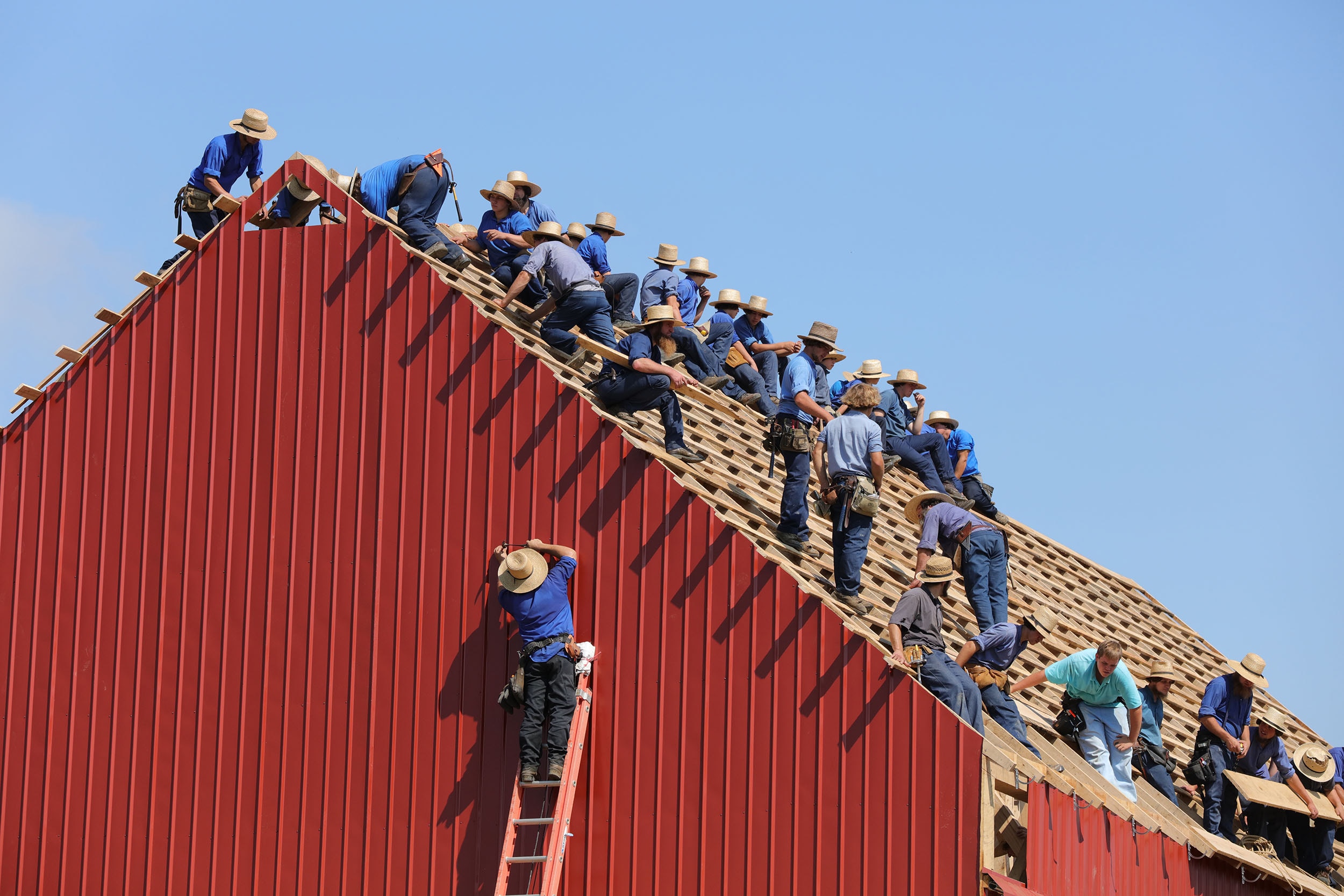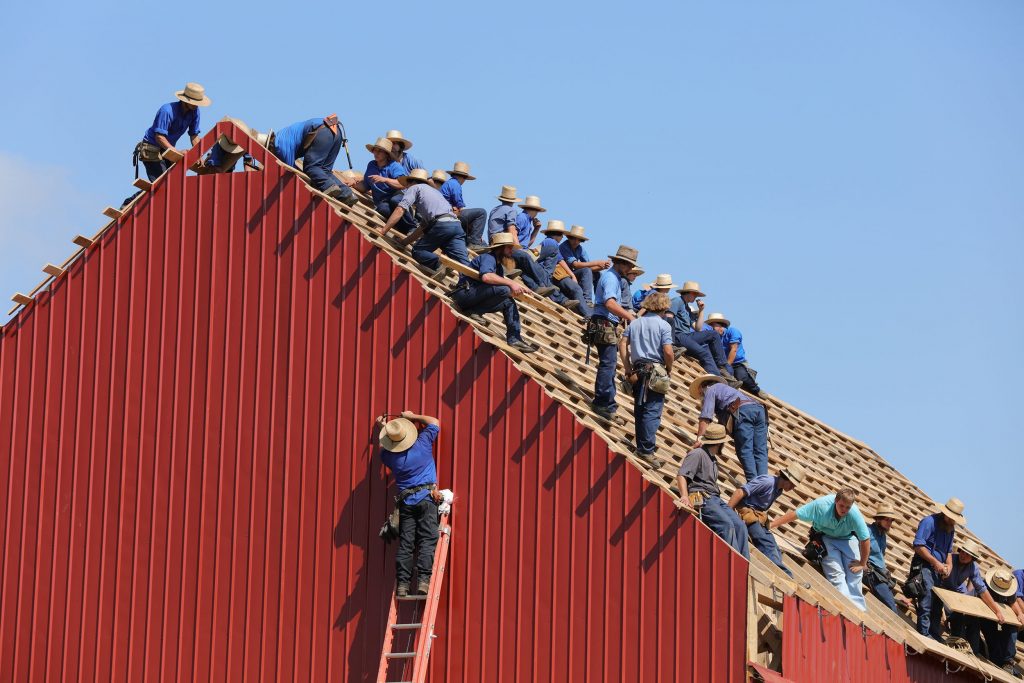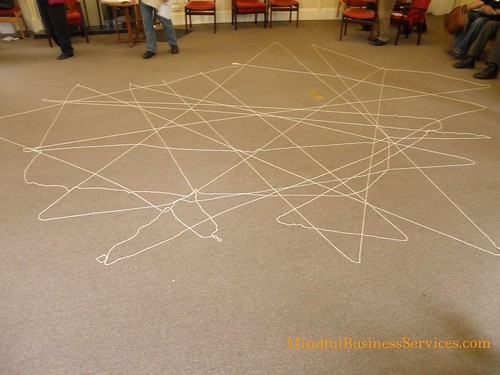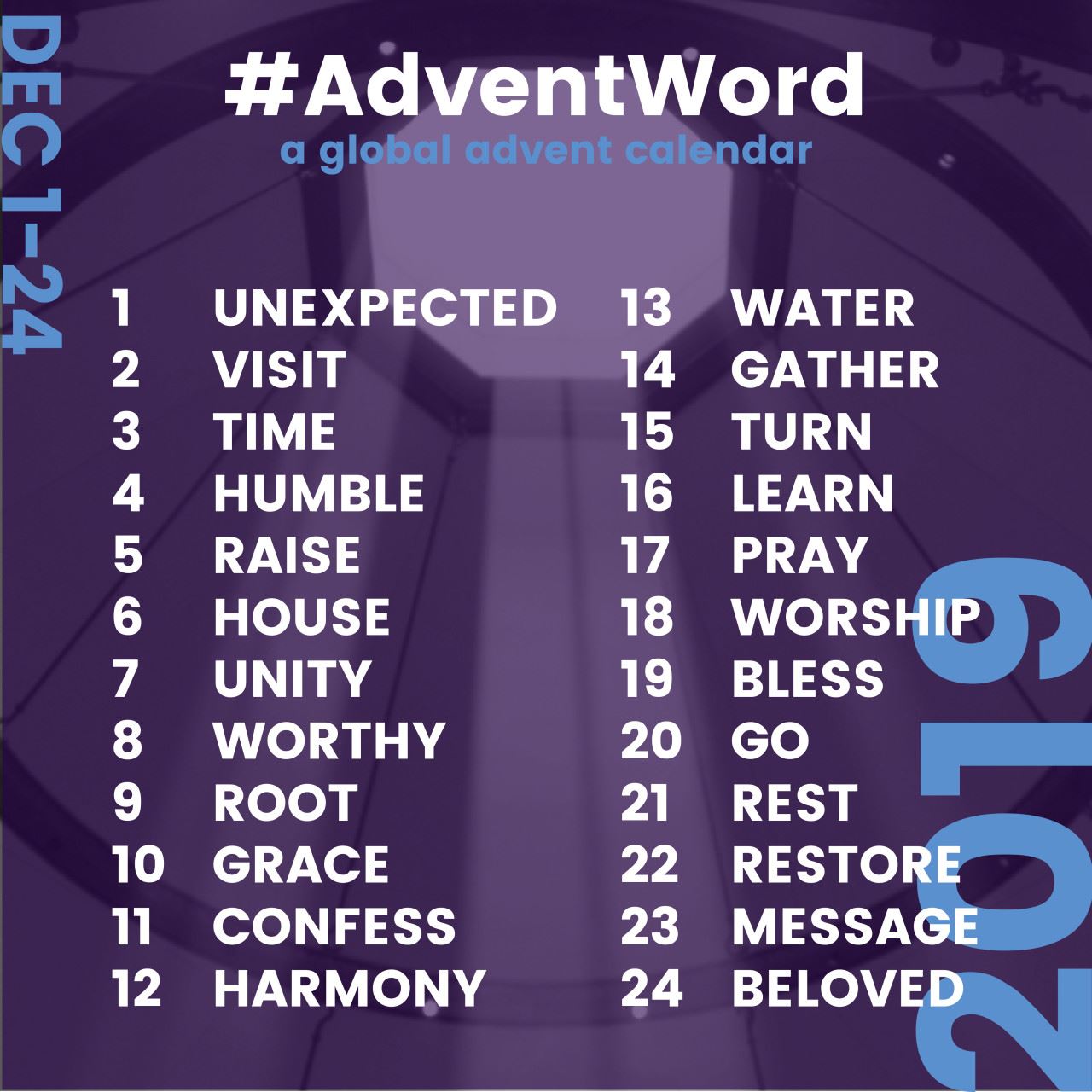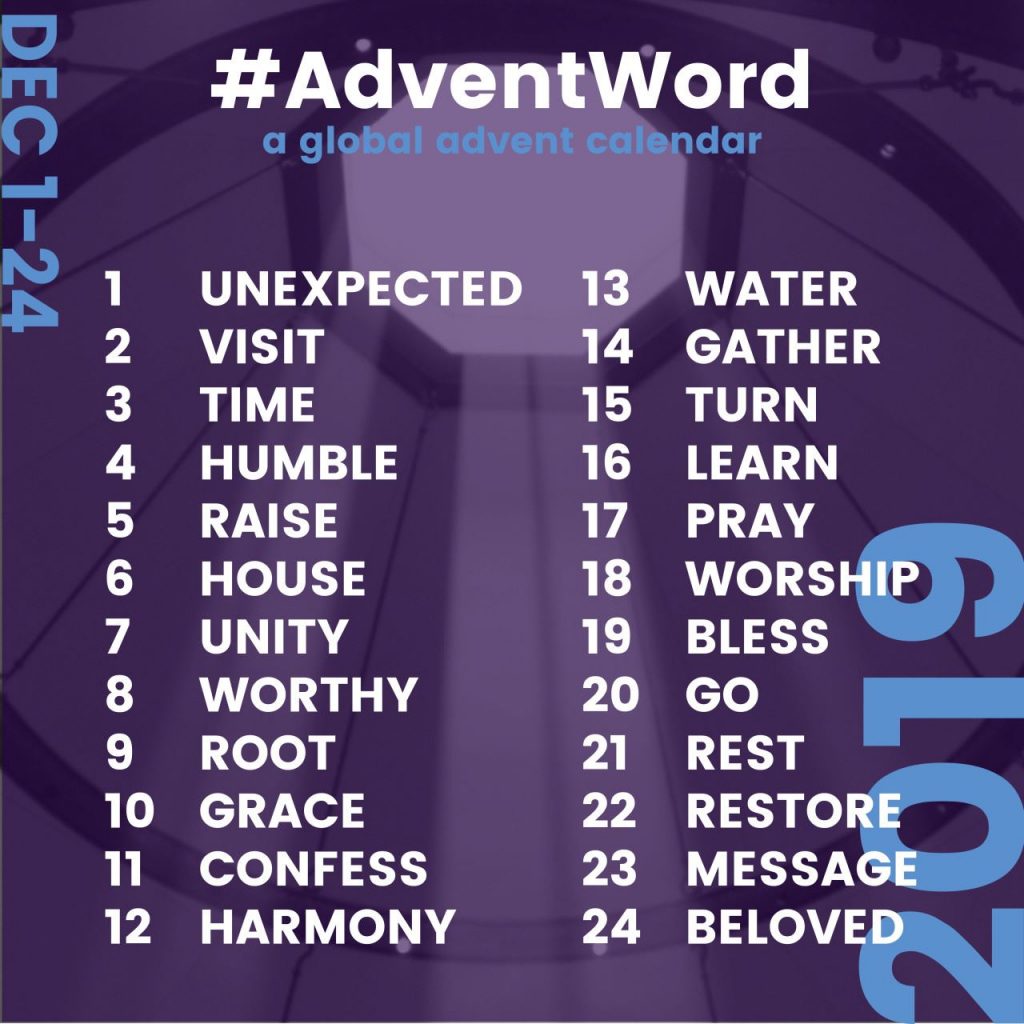
photo by http://www.mikemcsharry.com/ on Flickr
This isn’t a post about ‘Why have a meeting house?‘ but instead about the sharing of that house with other faith groups. Quakers respect other faiths and are willing to work alongside them, including sharing our buildings with them. Not only in a eirenic or ecumenical way, but because sharing our building is a way of building community and finding connections between disparate groups.
To quote William Penn:
The humble, meek, merciful, just, pious, and devout souls are everywhere of one religion; and when death has taken off the mask they will know one another, though the divers liveries they wear here makes them strangers. William Penn, 1693
I found this blog post, “Finding more in common” by Marigold Bentley, talking about inter-faith week a useful reminder of the many ways and reasons that Quaker communities strive to work with and welcome other religions, while giving some guidance on how to ensure those invitations are welcoming and inclusive.
While managing buildings, I deal with many different worshipping groups, from the smallest two or three person silent retreat to a larger community coming together to hold a Bar Mitzvah, Eid meal, or other celebration. At an ecumenical group we were discussing long-term hirers, and other churches were surprised that the Meeting Room was used by so many different faiths. Our buildings aren’t set apart, but for me this willingness to share is a way of showing respect and celebrating the sacredness of the everyday.
Some meeting houses are in more diverse areas then others; one meeting house may be used by local synagogues as an overflow/larger area for celebrations and community gatherings, as a mosque for the regular Friday prayers, and by Buddhist meditation classes. Another may be used by Ba’hai, or Hindu, or any number of religious groups, including other Christian groups. The intermingling of these groups on the calendar and during community gatherings encourages the strengthening of our own spiritual lives and the building of a more peaceful world.

